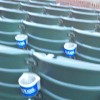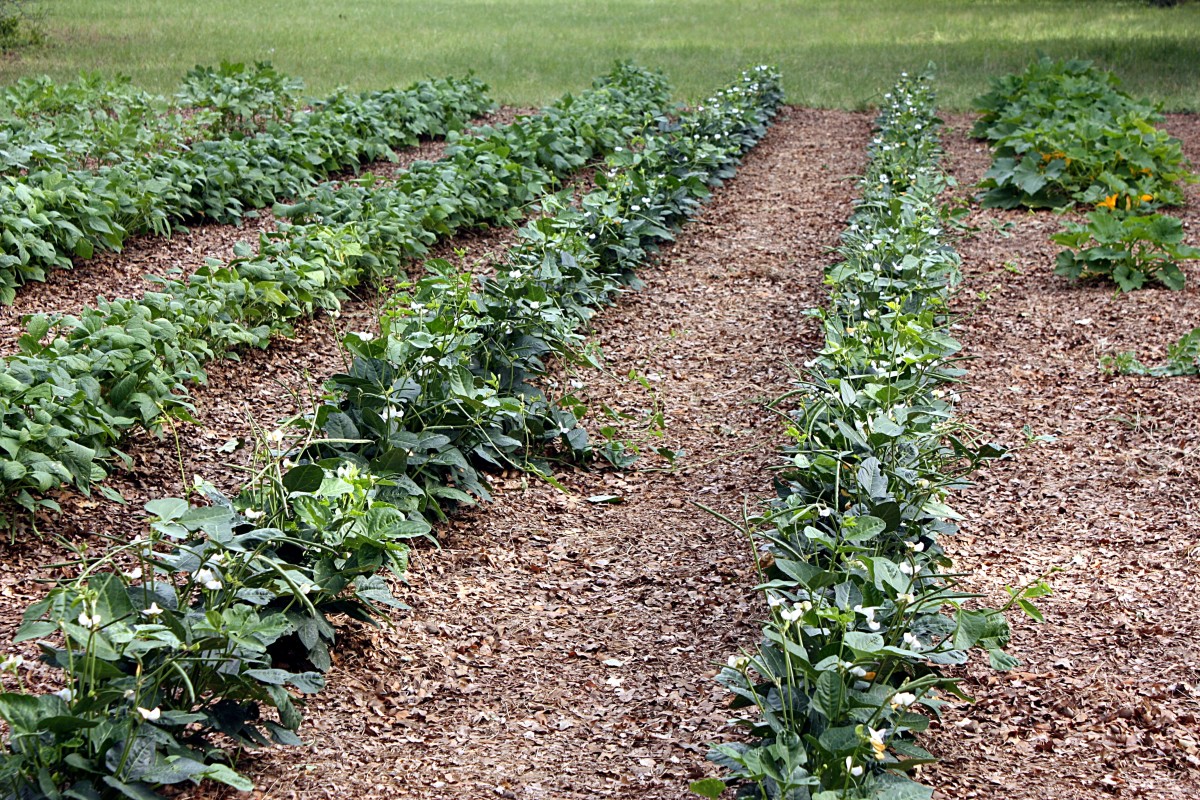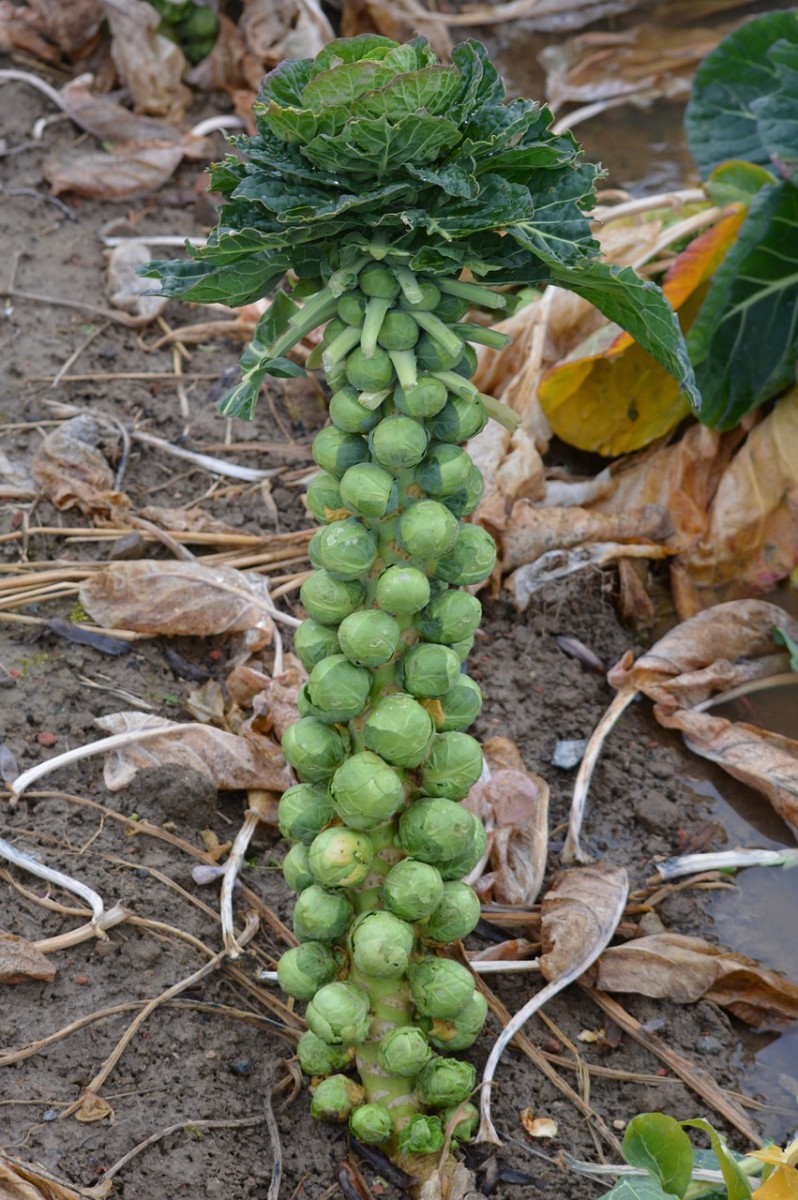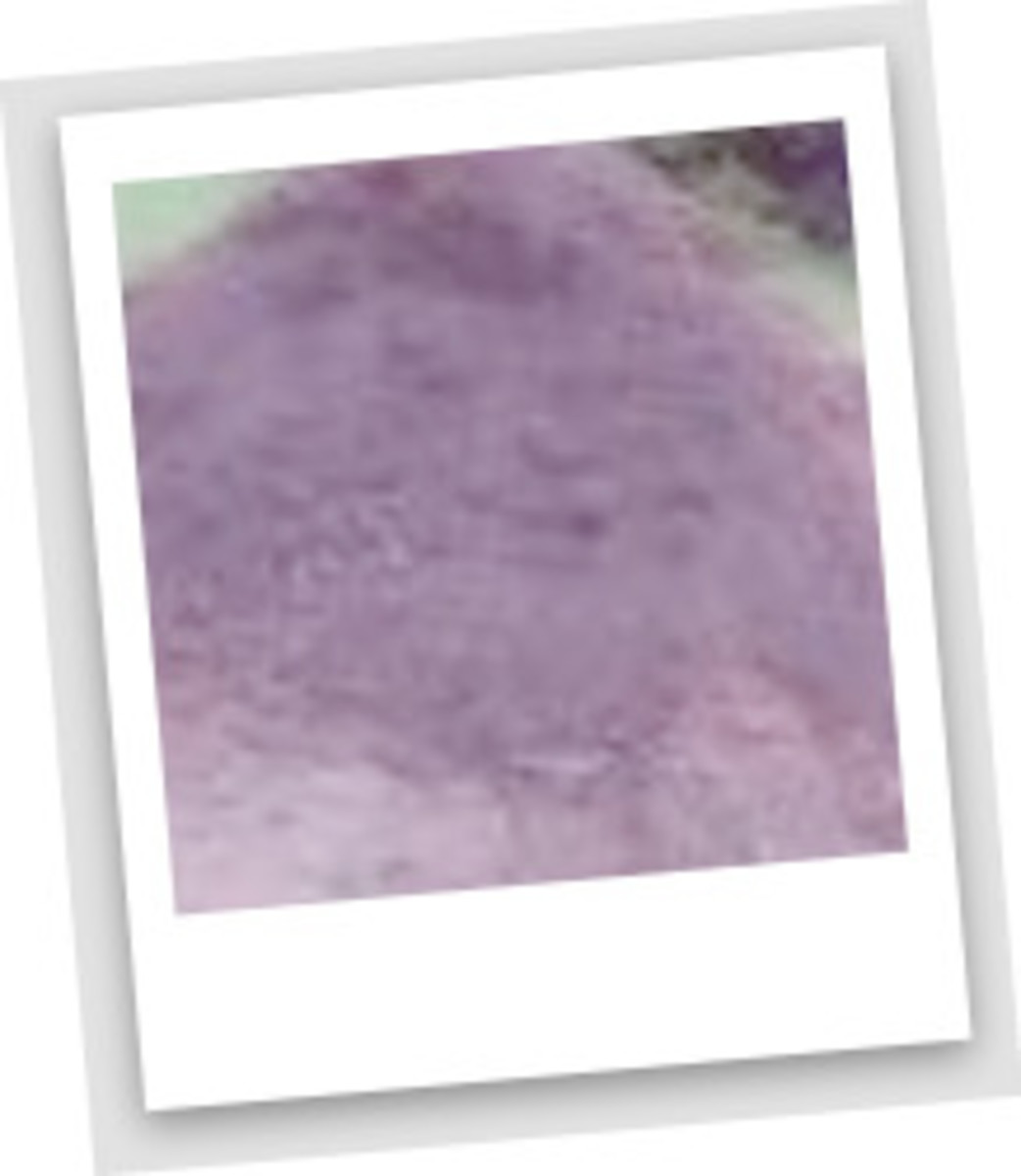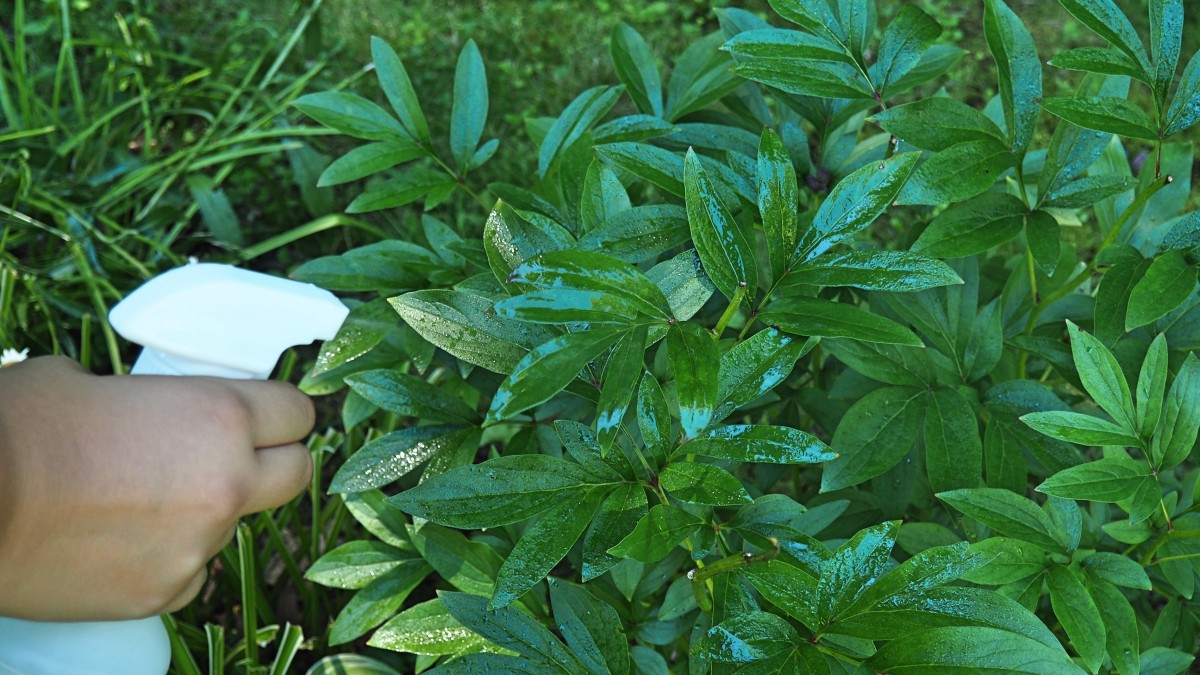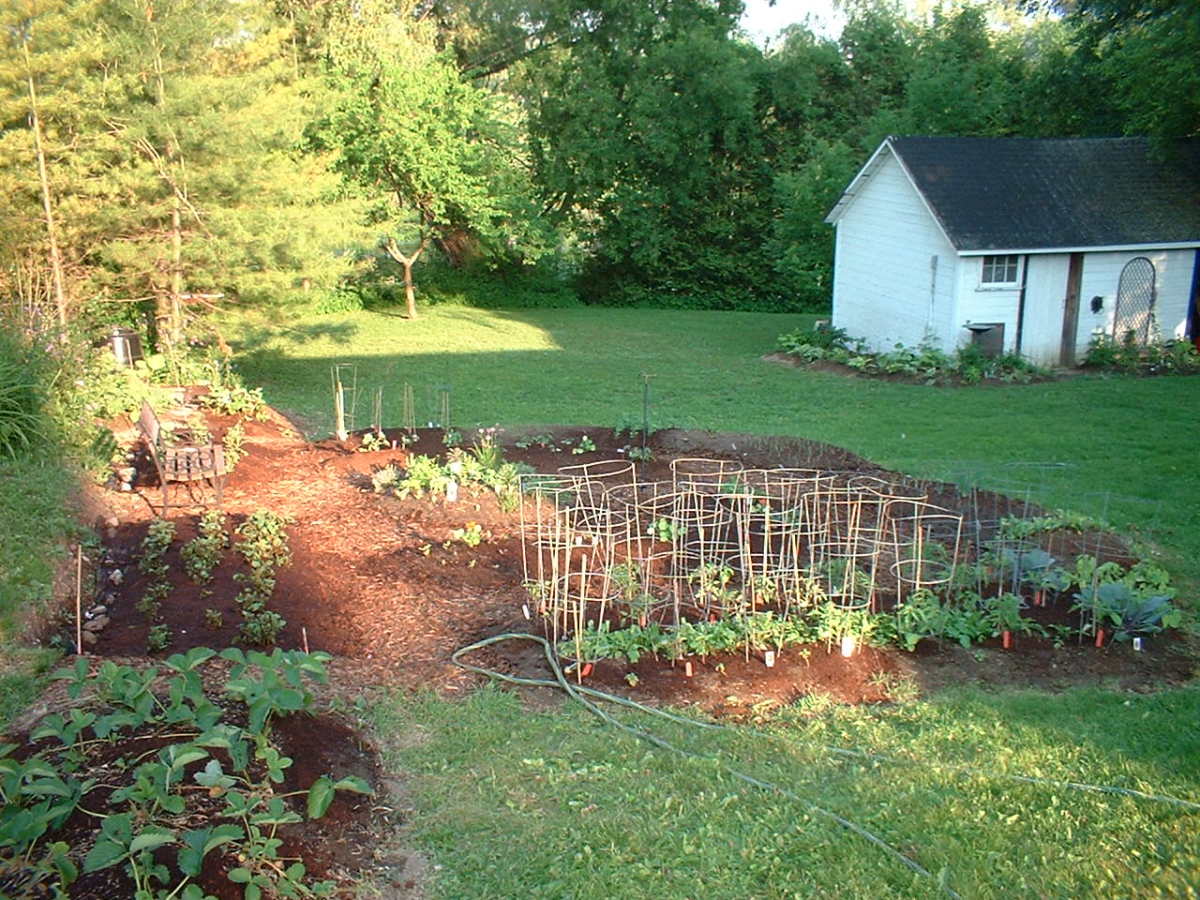How to Grow Zucchini and Summer Squash Organically
Summer Vegetables

Garden Vegetables
Organic produce has become a popular commodity at grocery stores. Consumers are becoming more aware of what kinds of pesticides are being used on the fruits and vegetables that our families consume. Fortunately you don’t have to always pay extra to get organic produce at the store, you can grow them yourself, if you are up to the challenge.
Some people aren’t the most competent gardeners and there is nothing wrong with that because we all have our strengths and weaknesses. My family has had a large garden for years now and we always do something wrong, every year. We might plant something too close to another plant or not water correctly, it just happens.
What is so great about growing squashes at home is that they are just about fool proof. They are exceptionally hearty and can take the neglect that we are all guilty of giving to our gardens.
Over the years we have developed some accidental hybrids of squashes. The seeds get mixed into the ground when we work our spent summer plants into the land in the fall and we always have one or two sprout on their own in the spring. Sometimes they are normal squashes and other times they are not. This year we had a hybrid zucchini and crookneck squash. The vegetables looked like crooknecks in size but had a noticeable green hue to them; they even tasted like a combination of the two.
The point is you don’t have to be a professional farmer or expert home gardener to grow zucchini or summer squash; all you need are a couple of basics and some space for them to grow.
Heavy Clay Soil

Types of Soils
Understanding your soil is important when planting a garden. Hard clay soils stay wet and clumpy while sandy soils don’t hold onto your plants as well as they might like. If you have a hard time identifying what kind of soil you have bring a sample to a local nursery and they should be able to help you out.
Knowing your soil is important because not watering or feeding a vegetable plant, based on what kind of soil it is in, can keep the plant from growing to its full potential.
How to Garden Vegetables
Planting and growing squashes is easy. Just about every nursery or home improvement place sells a few varieties of squashes and they are pretty cheap, usually about two dollars a plant. This initial investment will be more than covered because squash plants are very prolific producers. Over the years we have learned a few ways to offload our extra zucchini plants, I’m glad my co-workers haven’t wised up yet.
We have tried to grow squash from seed in our greenhouse and it was an OK experience. I’m not sure we would do it again but at least we know we could do it, if we had to.
One of the biggest things to consider, when growing squash, is the space that you are allocating for the plants. Squash will take up a large amount of space by the time that they reach the end of the season and will choke out other plants that get in their path. We have had one zucchini plant take up a ten foot square area before so plan accordingly.
Growing Squash
Using Compost
One great, easy and cheap way to garden organically is to use compost. The preferred method is to do it yourself but you can purchase compost from the same place you buy your vegetables plants. Obviously making compost yourself guarantees what goes into the compost but the store bought stuff is usually OK as well; just make sure you completely read the bag to see if they add in any extra stuff you might not want.
Organic Gardening
Do you have an organic garden?
Garden Fertilizer
Commercial fertilizers have been under increased scrutiny because traces of them are starting to be discovered in places we didn’t intend them to go, like our waterways.
A garden is different than your front lawn but you should still be smart about what kind of fertilizers you put on the ground. With my neighborhood all on wells for our water supply we elect to not use commercial fertilizers anywhere, especially since there are organic variations available for a small price difference.
Any kind of fertilizer that says it is organic or natural is usually OK to use.
Another advantage is that commercial fertilizers are geared towards the plants having a quick response to the feeding; I guess the manufacturers assume that we want to see huge improvements in our plants after applying their product. The negative to this is some plants can become more susceptible to insect attack because of this new, quick growth. Plants growing at their intended rate have a chance to build up their natural defenses and this process doesn’t always happen when they grow too fast.
Lady Bug Picture

Organic Pesticides
Pests can be a real pain when you are growing anything, especially something that you are intending to eat. Nobody likes to pick something off of a plant and then make the discovery that some little creature has already helped themselves to a meal.
Luckily there are natural ways to control pests. Many places that sell garden plants will also sell some of the good bugs, like lady bugs, that you can deploy into your garden to fight the bad bugs; if you haven’t seen a little lady bug feasting on aphids it is quite a display of an appetite.
If you don’t live in an area where lady bugs are available the store will have natural options as well, just remember to read the packaging completely to understand what the product has for ingredients. Many will contain derivatives from other plants as the main agent to kill bugs or at a minimum deter them from “bugging” your zucchini and summer squash.
